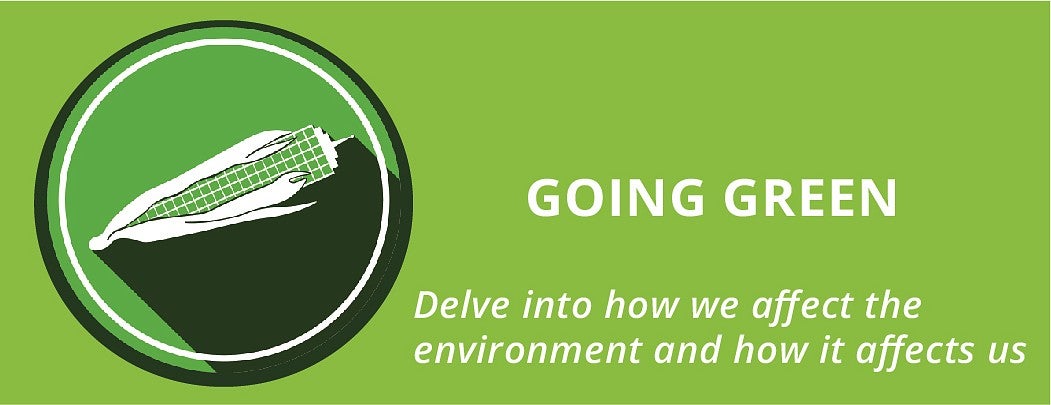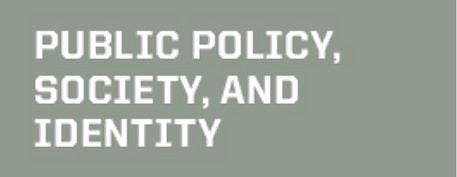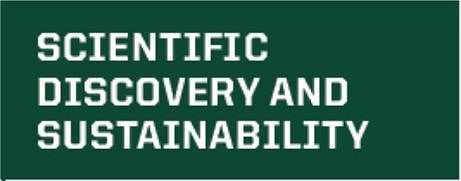
Human Fragility can take many forms. Human bodies are mortal. Human brains are subject to “disorders.” The environments on which humans depend are always changing. Human societies are subject to inequalities. Focusing on the book Clade by James Bradley, this FIG will explore some of these fragilities and possible responses to them. The main focus will be on human interactions with their physical environments—past, present, and future—and we will discuss possible ways to understand what the current environmental situation means for human possibilities in the future.
Students explore the intersection of topics by taking the following course package:
PHIL 199 FYE Seminar - FIG Seminar, 1-credit
PHIL 101 Philosophical Problems - CoreEd or major satisfying course, 4-credits
Our attempts to make sense of our lives and to find meaning in our existence lead us to ask certain classic philosophical questions. The course begins with the question of the proper role of reason in a life intelligently lived. Is philosophical thinking a necessary and important part of life? Second, we ask what role religion should play for a philosophically reflective person. This leads into questions about whether existence is absurd, without purpose or reason, or whether there is some overarching rationality and direction to our lives. Finally, we examine some of the many conditions that together define our identities as persons, conditions like our biological makeup, social narratives, cultural values, gender, and race. In other words, the key question is 'Who are you?' and 'What makes you who you are?'
ENVS 202 Intro to Environmental Studies: Natural Sciences - CoreEd or major satisfying course, 4-credits
This course seeks to promote understanding of the value and limitations of science in understanding environmental issues and to increase familiarity with scientific concepts underlying selected environmental issues and quantitative techniques that scientists use to evaluate them. Students will leave this course with the ability to think creatively, analytically, and without bias (i.e. to think critically); and to understand how environmental science issues pervade our lives and gain confidence to understand these issues and make decisions based on your understanding and values. Four environmental issues are examined in some depth: human population growth, loss of biodiversity, climate change, and energy use.
FIG Theme:

Flight Path Theme:


